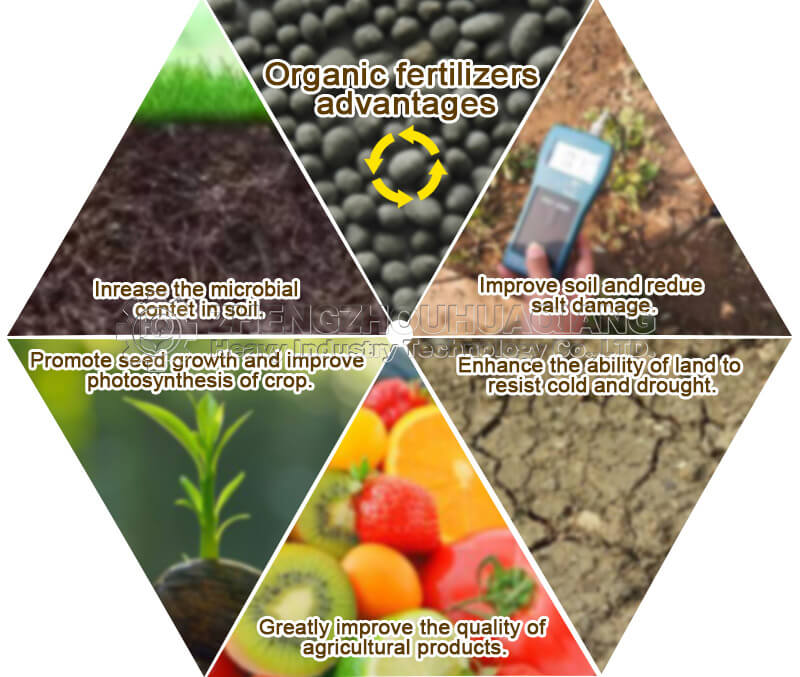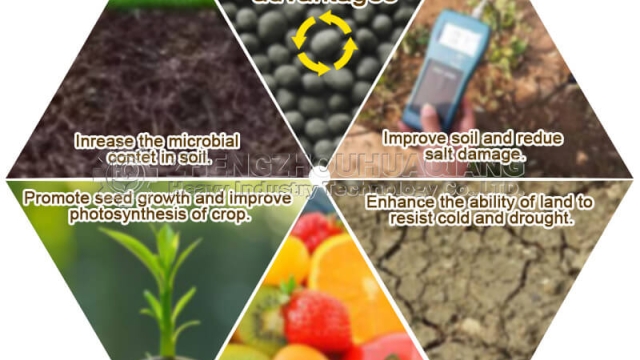When it comes to cultivating healthy and vibrant plants, organic soils and fertilizers are the natural powerhouse that every gardener should consider harnessing. These incredible resources offer a wealth of benefits, not just for the plants themselves, but for the overall environment and our own well-being. Organic soils, derived from natural sources without the use of synthetic chemicals or additives, provide a nutrient-rich foundation that supports robust growth and helps plants thrive in harmony with nature.
One of the key advantages of organic soils is their ability to enhance soil fertility and structure. Unlike conventional soils, which can become depleted of essential nutrients over time, organic soils are rich in organic matter, such as decomposed plant materials, compost, and animal manure. These natural components act as a reservoir for crucial elements like nitrogen, phosphorus, and potassium, providing a steady supply of nutrition to plants throughout their development. Moreover, organic soils also improve soil structure by increasing its water-holding capacity and promoting better drainage, leading to a balanced soil ecosystem and healthier root systems.
In addition to organic soils, the use of organic fertilizers further promotes sustainable and environmentally-friendly gardening practices. Unlike synthetic fertilizers that can harm the environment and disturb the delicate balance of ecosystems, organic fertilizers are derived from natural sources and significantly reduce the risks of water pollution and soil degradation. Organic fertilizers, such as compost, bone meal, and seaweed extracts, not only nourish plants but also contribute to the long-term health of the soil. By providing a slow release of nutrients, organic fertilizers ensure that plants receive a steady supply of nourishment while minimizing the risk of nutrient runoff, preventing contamination of nearby water bodies.
By harnessing the benefits of organic soils and fertilizers, we can cultivate thriving gardens and contribute to a more sustainable planet. In the following sections, we will delve deeper into the various types of organic soils and fertilizers available, exploring their specific benefits and application methods. So if you’re ready to embrace the natural powerhouse of organic gardening, let’s dig in and discover how these remarkable resources can transform your gardening experience.
The Benefits of Organic Soils
Organic soils are a powerful tool for nurturing our plants and promoting overall soil health. Their numerous benefits stem from the rich organic matter they contain, which provides a multitude of nutrients and improves soil structure. As a result, organic soils offer several advantages over conventional soils that are worth exploring.
Firstly, organic soils boost plant growth and productivity. The abundance of organic matter in these soils acts as a reservoir of essential nutrients such as nitrogen, phosphorus, and potassium. These nutrients are released slowly and steadily, ensuring a consistent supply that supports sustained plant growth. Additionally, organic matter enhances the soil’s water-holding capacity, reducing the risk of water stress for plants during dry periods.
Secondly, organic soils contribute to the overall health of the soil ecosystem. The organic matter found in these soils serves as food for a wide range of beneficial soil organisms, including earthworms, fungi, and bacteria. These microorganisms play crucial roles in breaking down organic matter, releasing nutrients, and enhancing soil structure through their activities. The presence of an active and diverse soil community improves nutrient cycling and promotes the suppression of harmful pests and diseases.
Lastly, organic soils are environmentally friendly. They reduce the need for synthetic fertilizers and pesticides, minimizing the risk of harmful chemicals entering our ecosystems. By mimicking natural processes, organic soils support a more sustainable and regenerative approach to agriculture, safeguarding the long-term health of our soils and the environment.
In conclusion, organic soils offer numerous benefits that go beyond conventional cultivation practices. Their ability to enhance plant growth, support soil ecosystem health, and promote environmental sustainability makes them a natural powerhouse in the realm of agriculture. By harnessing the power of organic soils, we can not only improve crop yields but also create a healthier and more resilient planet.
Effective Organic Fertilizers
-
Organic Soil Amendments:
Organic fertilizers play a vital role in enriching the soil with necessary nutrients. These natural soil amendments, derived from plant and animal sources, are free from synthetic chemicals and provide a sustainable alternative to conventional fertilizers. Organic fertilizers, such as compost, animal manure, and green manure, replenish the soil by improving its structure, enhancing water retention capabilities, and promoting beneficial microbial activity. By releasing nutrients slowly over time, these organic soil amendments ensure a steady supply of nourishment to plants, supporting their growth and overall health. - when is cucumber ready to pick
Nutrient-Rich Compost:
Compost, often referred to as "black gold," is a nutrient-rich organic fertilizer produced through the decomposition of organic matter, such as food scraps, yard waste, and plant residues. This natural soil amendment not only provides essential nutrients but also improves soil structure, aids in moisture retention, and helps suppress plant diseases and pests. The gradual release of nutrients from compost promotes long-lasting plant growth and minimizes the risk of nutrient leaching. Additionally, compost increases the soil’s ability to hold water, reducing irrigation needs and enhancing its overall fertility. -
Organic Plant-Based Fertilizers:
Organic fertilizers derived from plant-based sources offer an excellent alternative to synthetic products. Examples include alfalfa meal, soybean meal, cottonseed meal, and kelp meal. These plant-based fertilizers provide a balanced blend of nutrients, such as nitrogen, phosphorus, and potassium, essential for plant development. Additionally, they contain organic matter that improves soil structure and encourages beneficial microbial activity. By choosing organic plant-based fertilizers, gardeners can ensure the long-term health of their plants while minimizing environmental impacts.
Remember, effective organic fertilizers not only nourish plants but also nurture the soil, fostering a sustainable and harmonious gardening experience. By harnessing the power of organic soil amendments, such as compost and plant-based fertilizers, we can create thriving gardens while promoting environmental conservation.
Implementing Organic Practices
In order to harness the benefits of organic soils and fertilizers, it is important to implement organic practices in your gardening or farming routine. By following these practices, you can cultivate healthier and more sustainable soil, leading to improved plant growth and overall ecosystem health.

Firstly, start by incorporating organic matter into your soil. This can be achieved by adding compost, leaf litter, or other natural sources of organic material. Organic matter improves soil structure, enhances water retention, and provides essential nutrients to plants. Aim to regularly replenish the organic matter in your soil to continuously improve its fertility.
Secondly, avoid using synthetic fertilizers and pesticides, as they can have detrimental effects on the environment and human health. Instead, opt for organic fertilizers derived from natural sources, such as compost tea, bone meal, or fish emulsion. These organic fertilizers release nutrients slowly, promoting steady plant growth and reducing the risk of nutrient runoff.
Finally, embrace crop rotation and intercropping techniques. Planting different crops in a specific sequence or growing them together can help prevent soil depletion and reduce pest and disease problems. By diversifying your plantings, you can optimize nutrient cycling and minimize the need for chemical interventions.
By implementing these organic practices, you can enhance the health and vitality of your soil and create a sustainable ecosystem for your plants to thrive. Take a step towards a natural powerhouse by incorporating organic soils and fertilizers into your gardening or farming practices.
